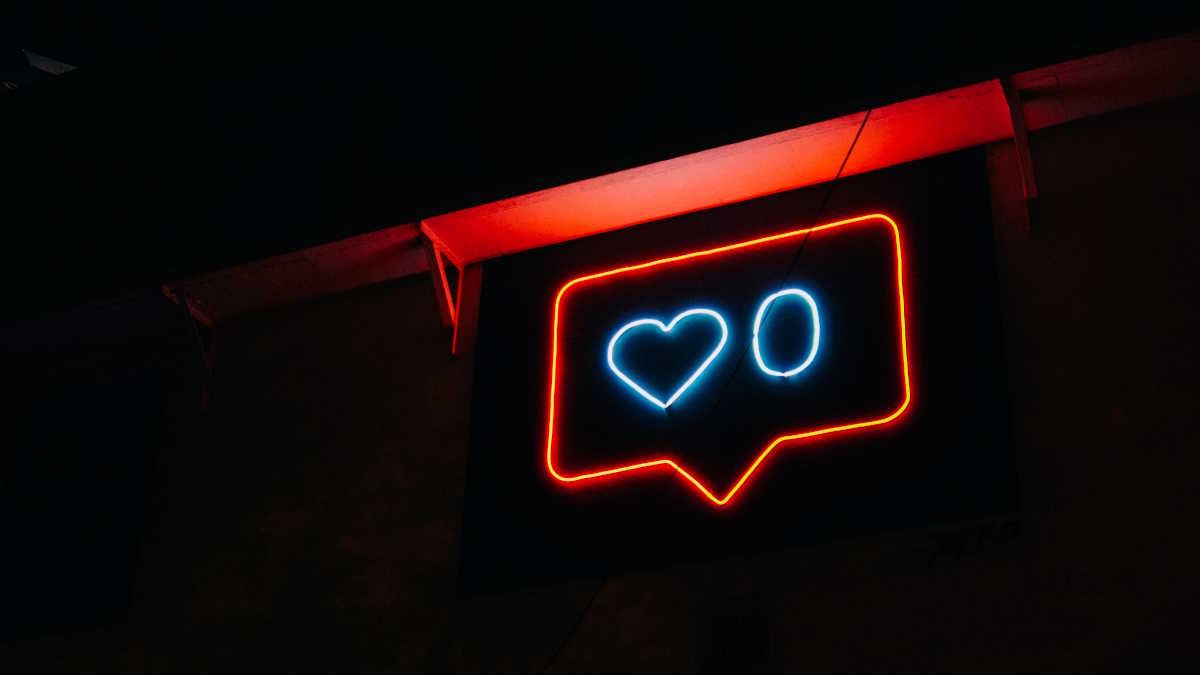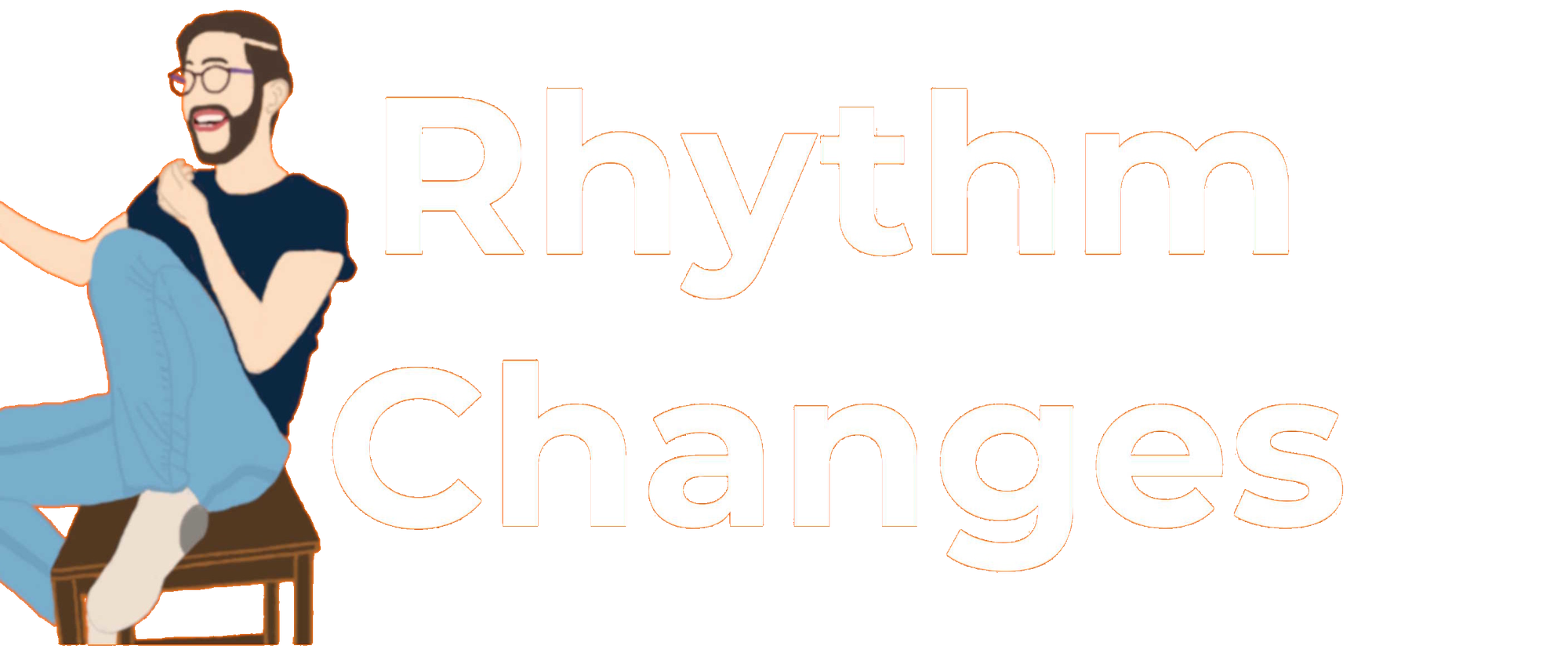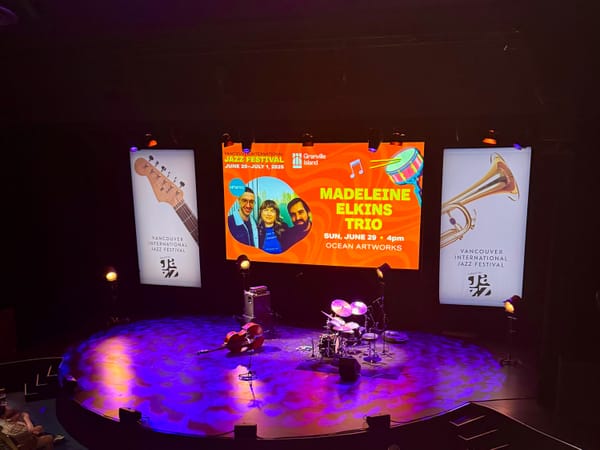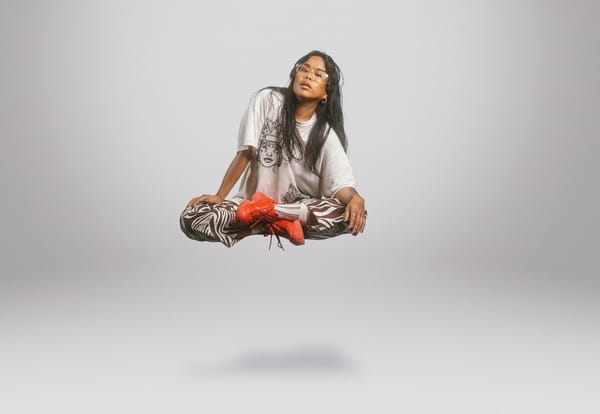Instagram thoughts
Revised and republished: 3 reasons why it's not great for music

Coming up next is a revision of something I published on September 9, 2020, back on the pre-website Rhythm Changes newsletter.
Very few of you will have read the original. It was a case against Instagram -- which I've been on and off, and didn't use at the time.
Then, we'll wrap up in the current time with a quick conclusion.
"Instagram sucks for musicians"
Reason 1 of 3: Sound off
Musicians create value with sound.
But how often do you turn on sound while using Instagram? Not often.
When you turn on sound, why do you do it? To hear your favourite people.
And why do you keep sound off on Instagram the rest of the time? Because you don’t want to hear all those other people.
If someone hears you on Instagram, they already like you. Musicians can’t create value with new people on a platform like that.
Reason 2 of 3: Wrong status incentives
Musicians prosper as a function of how deeply they can create value for people; they prosper by giving.
But this concept can be counterintuitive for people who use Instagram. The status incentives of Instagram (as with other platforms) are numbers like followers, comments, views, and likes. If you have these numbers, you have competed successfully for people’s attention – which is how you prosper on Instagram.
Canadian writer Alex Danco first influenced my thoughts on Instagram in this 2019 newsletter:
“[Instagram] creates way more space and oxygen for resentment and desperation to grow beneath the surface. It’s not about the photo or what it depicts; it’s always about the other person.”
The specific kind of attention-competition that succeeds on Instagram is personal and psychological. The success will have nothing to do with your music.
Reason 3 of 3: Weak, meaningless metrics
Say 7,000 accounts follow you on Instagram. How many will buy tickets to see you – even once in the next 3 years?
Or, 500 accounts liked your most recent feed post. How many are going around liking a bunch of musicians' posts?
If 75 people commented on that post, how many did it because they want you to visit their profile—because they want something from you?
The numbers reveal the bad status incentives at every scale.
Conclusion
As it often does, Instagram has changed.
Reels had launched a month before the original publish date, and since I didn't use Instagram again until October 2021, I'd never seen Reels when I wrote this.
Reels fundamentally changed Instagram and arguably defeated my point #1 by being a sound-on experience.
So, to revisit the other two arguments briefly:
- The psychology of Instagram is as bad as ever, but with some discipline, you can try and use it like a good person.
- Followers, likes, and comments are probably even more meaningless now. You'd want to pay attention to other numbers.
I'd like to proceed with how I'm approaching Instagram in the present, with an aim to do more than just that. But first, I need to make a few more Reels over the weekend.





